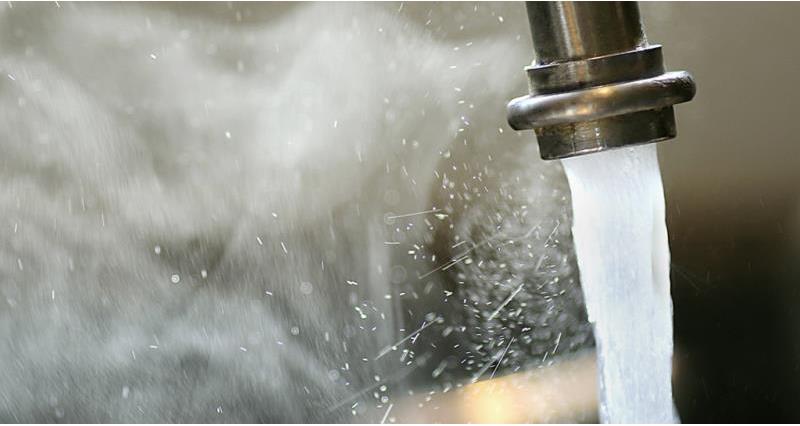HoF (Hands off Flow) restrictions
These restrictions are the same as HoF’s but applicable to restricting abstraction from groundwater sources such as boreholes or wells when water levels drop below a certain level.
Voluntary restrictions
During periods of prolonged dry weather and low flows, the Environment Agency may ask abstractors to undertake voluntary restrictions such as taking reduced abstraction volumes; only abstracting at night or only for a shortened period e.g. four nights per week.
Section 57 notices
Section 57 notices are applicable to spray irrigation only and do not extend to livestock drinking water.
NB The means by which abstraction for livestock drinking water is restricted is through HoF (hands off flow) on surface waters and hands off levels on groundwaters or through voluntary restrictions imposed by EA.
For more information see: Environment Agency | Section 57 spray irrigation restrictions
Section 51 notices
Voluntary variation or revocation of abstraction licences. The Environment Agency may ask licence holders to apply voluntarily to cancel (revoke) or vary their licences under Section 51 Water Resources Act 1991.
Section 52 notices
Compulsory revocation of abstraction licences. Using powers under Section 52 Water Resources Act 1991 the Environment Agency can formulate proposals to modify or cancel (revoke) a licence.
Unused Licence Programme
Abstraction Licence holders may have received correspondence from the Environment Agency recently asking if the abstraction licence was still required and if so, if the total volume was still needed. We've put together a briefing explaining the aim of the letters and what to do if you have water authorised on a licence that is not needed.
Download: Environment Agency Unused Licence Programme – NFU briefing
Water company restrictions
Water companies may also introduce TUBs (Temporary Use Bans) and Drought Order Restrictions during prolonged dry weather periods and drought periods.
TUBs (Temporary Use Bans)
These usually apply to household customers and are similar to what has historically been termed a hosepipe ban. Water companies can specify which water uses are restricted.
Most business uses are excluded from the temporary use ban. The restrictions are intended to reduce domestic use of water.
While there is no immediate effect to the agricultural and horticultural sector, there can be secondary effects e.g. a decrease in sales as consumers don’t buy garden plants because watering with a hosepipe from the mains water supply is restricted.
However, sports fields, racecourses and golf courses are usually included in a TUB. Operators of these facilities should contact their water companies because there may be exceptions under some conditions such as for health and safety reasons.
Water companies may also allow exceptions for people such as blue badge holders.
Drought order restrictions
These apply to water used by water company non-household customers. For example, restricting commercial car washing or window cleaning businesses or watering outdoor plants on commercial premises will require a drought order.
Water companies have to apply to the Secretary of State (Defra) for drought orders and if granted these restrictions would be included in the drought order. In order to grant a drought order, the Secretary of State must be satisfied that: “By reason of an exceptional shortage of rain, a serious deficiency of supplies of water in any area exists or is threatened.”
In most cases water companies will try to avoid using drought orders because of the impacts on businesses.
Water companies can make exceptions to individual circumstances.
If business users are unsure, they should check with their water company, however businesses should use water as wisely as possible.
Water companies try to adhere to a code of practice which sets out good practice principles and actions for water companies to follow when they are evaluating whether and how to implement water use restrictions. The code of practice summarises the requirements of both TUBs and drought orders and how they are applied.
Further information on these water restrictions is contained in the water company drought plans available on their websites.
